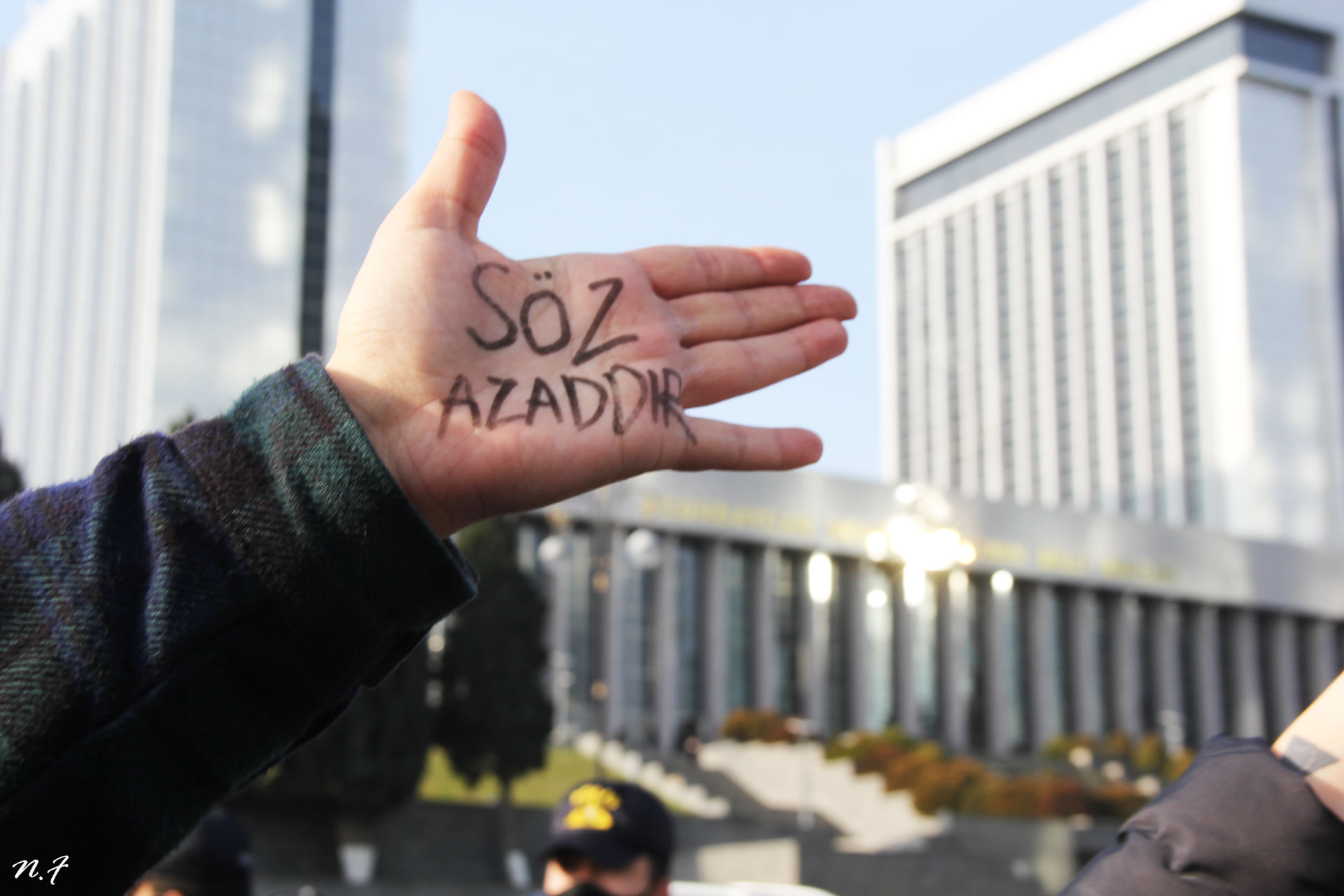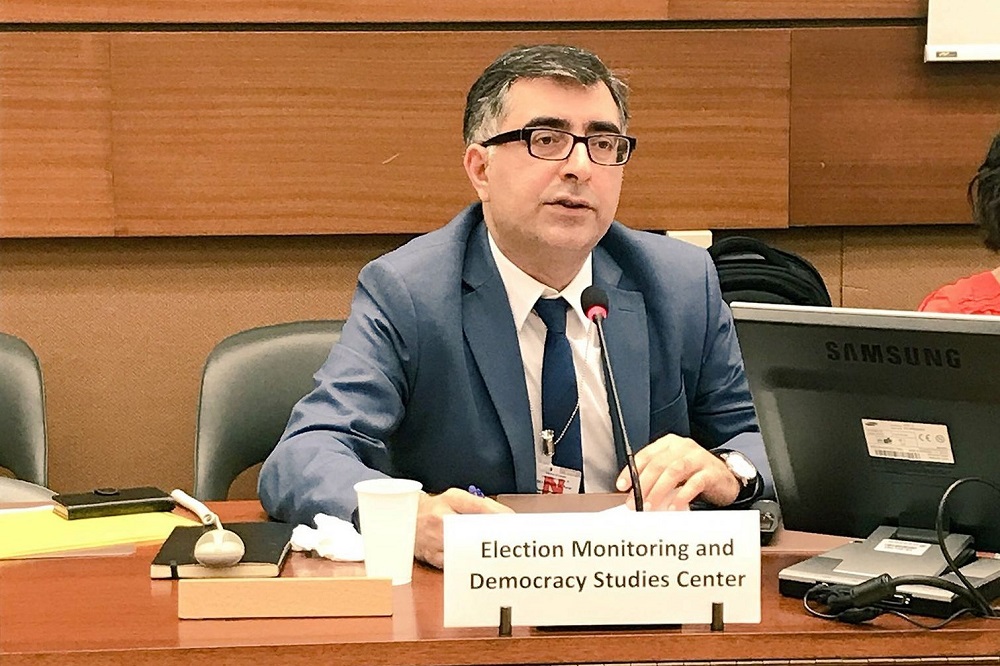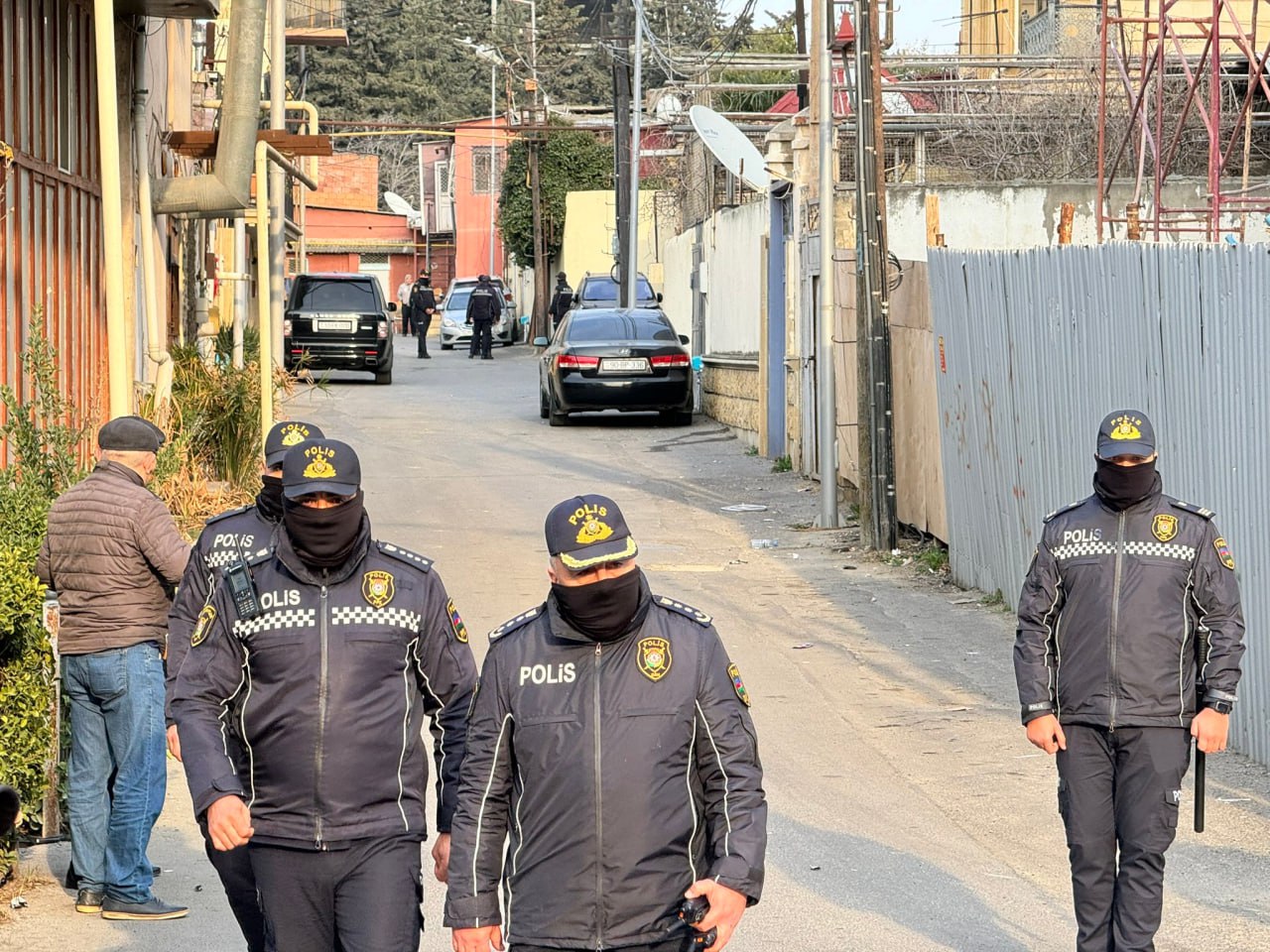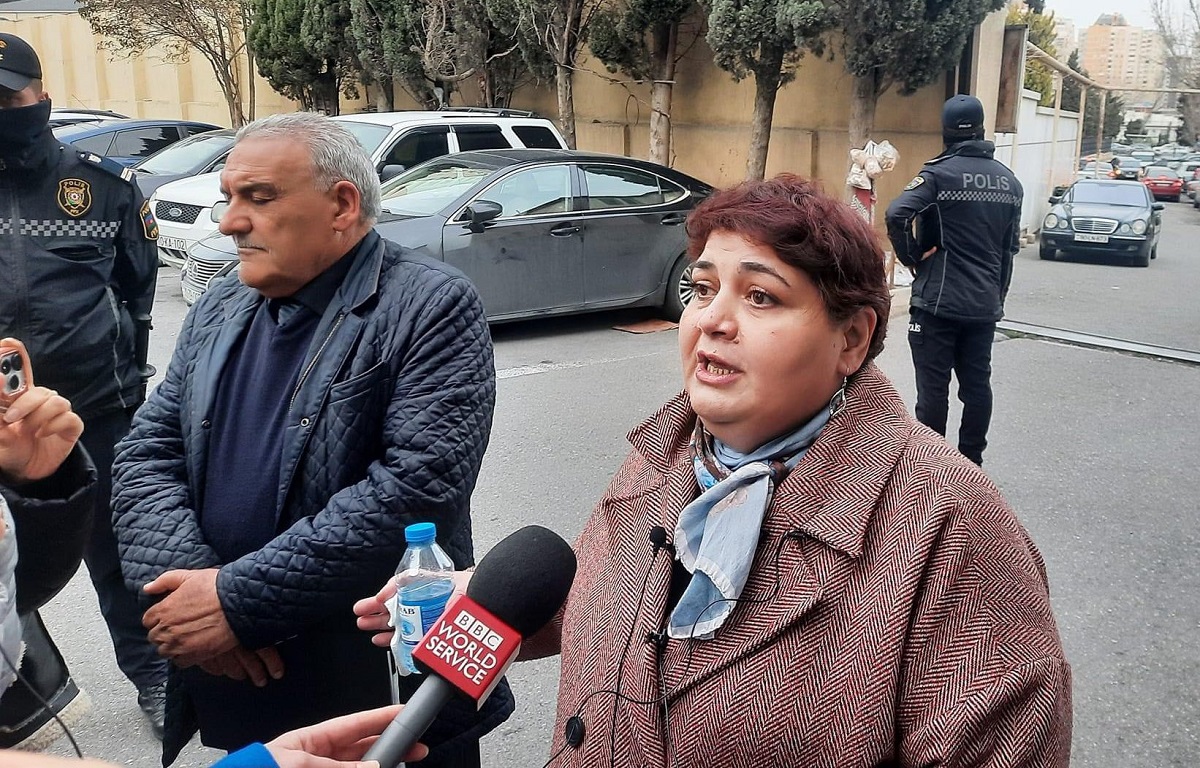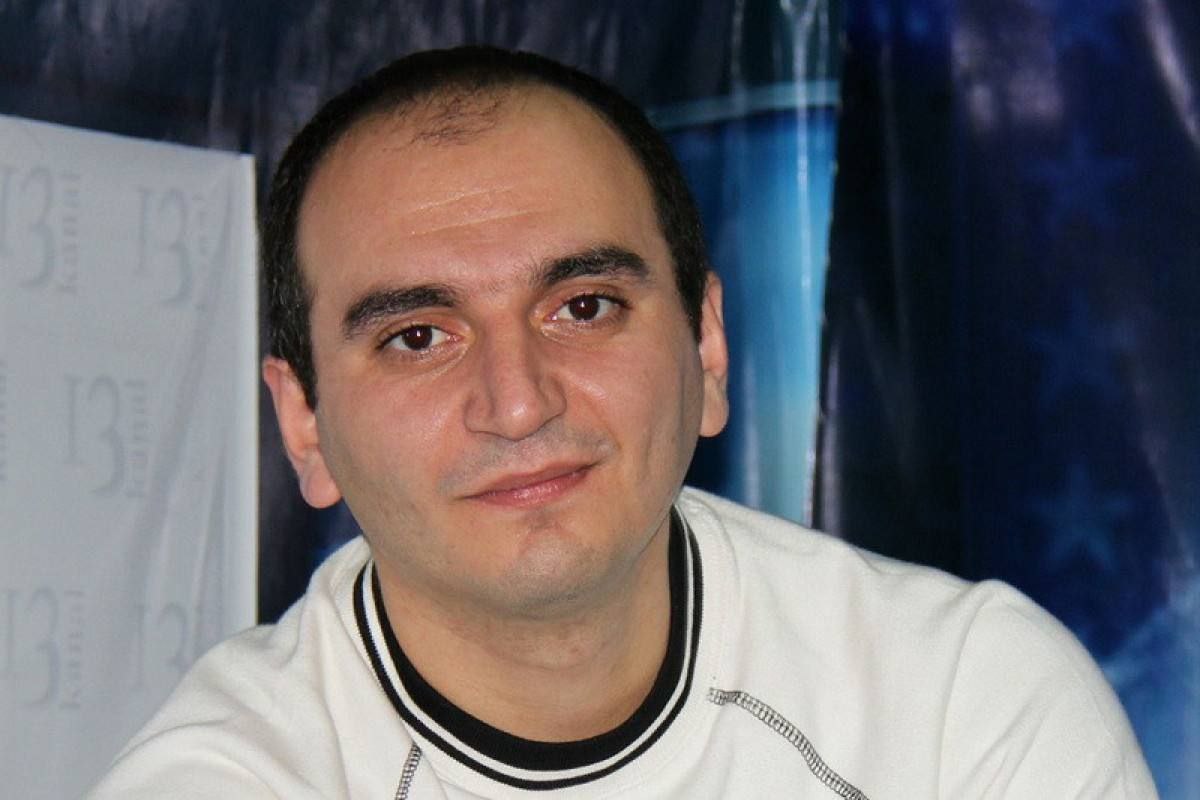149th year of national press in Azerbaijan marked by record number of arrested journalists
Independent media in Azerbaijan
“The last 20 years, I have called this date a day of mourning because every year we lost independent media and journalists, and each Press Day was marked by a worsening economic situation for the media,” says Mehman Aliyev, director of the news agency Turan.
Today, July 22, Azerbaijan celebrates the 149th anniversary of its national press.
- CPJ condemns extended detention of journalists in Azerbaijan
- Founder of the persecuted Azerbaijani media does not have cancer. Family doubts the results of the “prison” biopsy
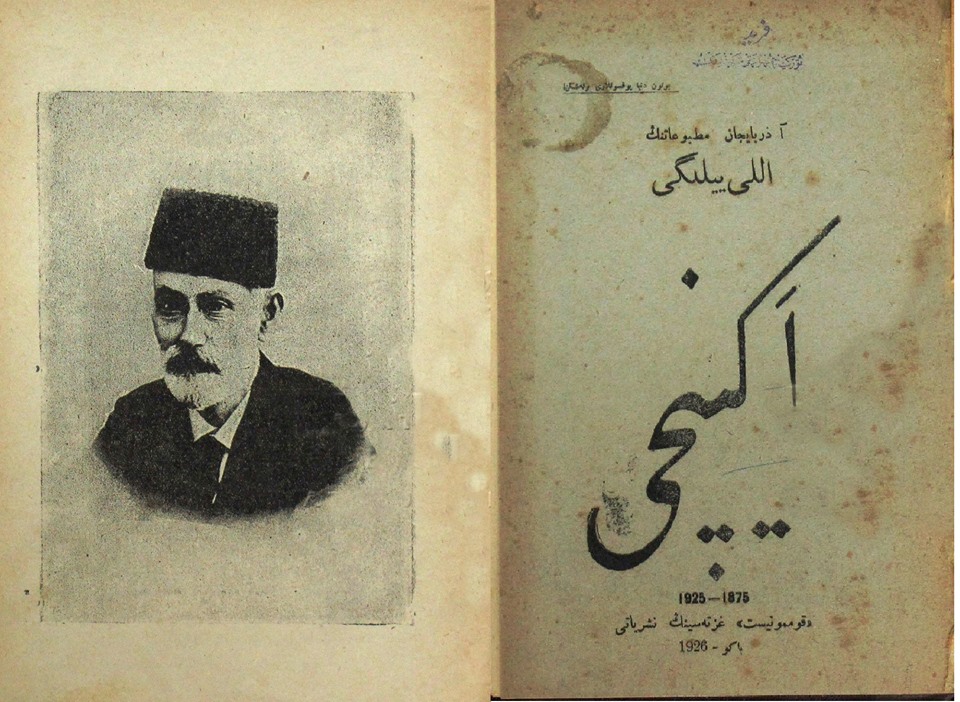
Hasan bey Zardabi, an enlightener and publicist, is considered the founder of the Azerbaijani press. He struggled to obtain permission to publish the newspaper “Ekinchi” in the Azerbaijani language in Baku (at that time, the Azerbaijani khanates were part of the Russian Empire). The first issue of the newspaper was released on July 22, 1875. A total of 56 issues were published, and the newspaper lasted for two years.
After “Ekinchi,” there was significant progress in this field, with the emergence of many other newspapers and the famous magazine “Molla Nasreddin,” which laid the foundations of political satire.
Following the collapse of the USSR and the restoration of Azerbaijan’s independence in 1992, the day of the first issue of “Ekinchi” — July 22 — has been celebrated as National Press and Journalism Day.
“The media are dead, and we are trying to perform CPR on corpses”

Aynur Elgunesh, editor-in-chief of the independent publication Meydan TV, believes that the current media landscape in Azerbaijan bears no resemblance to the ideals of “Ekinchi” and Hasan bey Zardabi:
“In my opinion, Azerbaijani media are dead, but there’s no one to bury them. Only a handful of people remain, trying to perform CPR on a corpse, but it doesn’t work. Without pluralism, freedom of speech, and the freedom for people to voice their opinions and reflect the government’s mistakes, there is no press in the country. Today’s media have nothing in common with ‘Ekinchi’ or Zardabi. The current regime in the country is the true founder of today’s national press.”
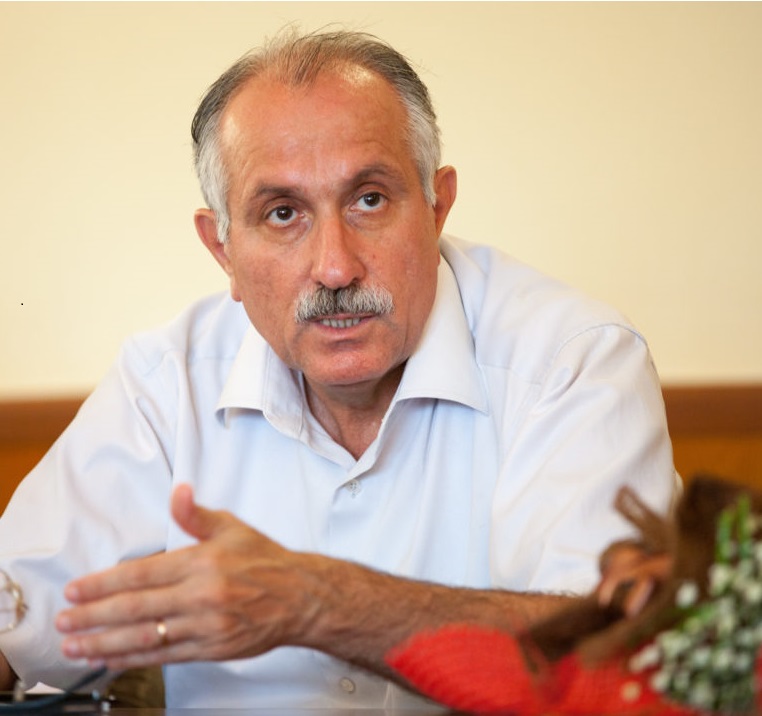
Mehman Aliyev, director of the Turan news agency, states that the sharp polarization in the media—between pro-government and independent outlets—has ended with the victory of the former:
“Polarization in the media has always existed, since the emergence of an independent press in the late 1980s. In fact, this process is now complete. In recent years, the media market has been almost entirely dominated by pro-government outlets. Independent and opposition media make up only a few percent.”
Tougher laws, website blocks, imprisoned journalists
In the 149th year of national press, around 20 media workers are imprisoned in Azerbaijan. Seventeen of them have been detained since November last year.
Websites of independent media such as Meydan TV, Azadlig Newspaper, and Radio Azadlig have been blocked in Azerbaijan for over seven years.
Since 2005, the media advertising market has been entirely under state control. Independent media relied on grants from international organizations. However, amendments to the laws on NGOs and grants have made it difficult for independent media to receive foreign funding.
According to the new amendments, contracts between foreign donor organizations and local independent entities must be submitted to the Ministry of Justice for approval to allocate grants.
The 2021 media law has further cornered independent media. According to the new law, media outlets in Azerbaijan are only considered as such if they are registered with the state agency “MEDIA”. These outlets and all their employees are included in the “media registry”.
Media outlets and their employees not included in this registry are not officially recognized as media entities and journalists, effectively making them “outlaws”. Notably, journalists’ credentials are also planned to be issued centrally and uniformly by the specified state body.
Being an independent journalist in Azerbaijan
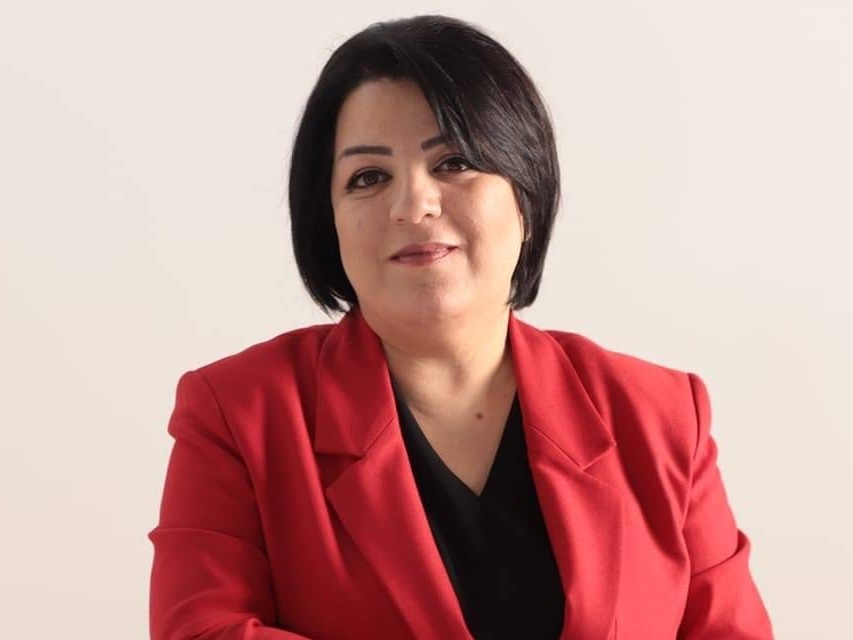
Shahnaz Beylergizi, host of the socio-political program “Toplum After 10” on Toplum TV, believes that being an independent journalist in Azerbaijan means being prepared for various forms of pressure:
“You could be kidnapped with a bag over your head, shot at your doorstep, blackmailed, left without a job, driven out of the country, accused of smuggling or another crime, and arrested. Previously, some editors and journalists from independent media were arrested, but over the past year, a new trend has emerged: the work of media outlets is paralyzed by arresting 6-7 people from a single editorial office, confiscating their property, and sealing the office. In other words, this is the price of being a free media outlet and a free journalist in today’s Azerbaijan.”
Beylergizi notes that the number of independent journalists has drastically decreased in recent years due to stricter laws and limited opportunities.
“Metaphorically speaking, it’s like a city under attack, already captured, with occasional gunshots heard. Those unwilling to surrender are firing their last bullets. Today, free journalists are like a warrior making the last shots, sending a message: ‘I’m here and I won’t give up.'”
The case of Abzas Media
Mass arrests of journalists in Azerbaijan began in November 2023.
On November 20, Ulvi Hasanli, director of the independent online publication Abzas Media, and his deputy, Mahammad Kekalov, were detained. Their homes and offices were searched. According to the investigation, 40,000 euros were found in the Abzas Media office, alleged to have been smuggled into the country.
That night, chief editor Sevinj Vagifgizi, who was abroad, stated in a live broadcast from Istanbul airport that the money had nothing to do with Abzas Media and that the police had planted it.
Despite family pleas not to return due to arrest threats, Vagifgizi came back to Baku on the night of November 21 and was detained immediately upon arrival. Her home was also searched.
Subsequently, on November 30, reporter Nargiz Absalomova was detained, followed by investigative journalist Hafiz Babaly on December 13, and finally journalist Elnara Gasimova on January 13.
They were charged under the article “smuggling committed by a group of persons by prior conspiracy.”
The journalists reject the accusations, linking their arrests to the corruption investigations published by Abzas Media.
More arrests in the “Abzas Media case”
Later, several more people were arrested in connection with the “Abzas Media case.”
On April 19, Imran Aliyev, head of the meclis.info portal, became the seventh person detained in the “Abzas Media case.”
Meclis.info was the only portal monitoring the activities of the Azerbaijani parliament. After the arrest of its editor, the portal ceased operations.
Imran Aliyev, who was accused of smuggling, never worked for Abzas Media.
Ainar Mamedli, director of the Election Monitoring and Democracy Studies Center, was also initially involved in the “Abzas Media case.” However, his case was later separated from the “Abzas Media case.” He faces smuggling charges as well.
On June 1, economic expert Farid Mehralizade was arrested as part of the “Abzas Media case.”
These individuals have denied any connection to Abzas Media. The interim head of Abzas Media, currently abroad, has also stated that they have no ties to the organization.
“Toplum TV Case”
On March 6, 2024, police raided the office of independent internet TV channel Toplum TV. Dozens of staff members from both Toplum TV and the Institute for Democratic Initiatives (IDI), which shares the office, were taken to the police station. Equipment and personal phones were seized, and the office was sealed. After extended questioning, most of the staff were released.
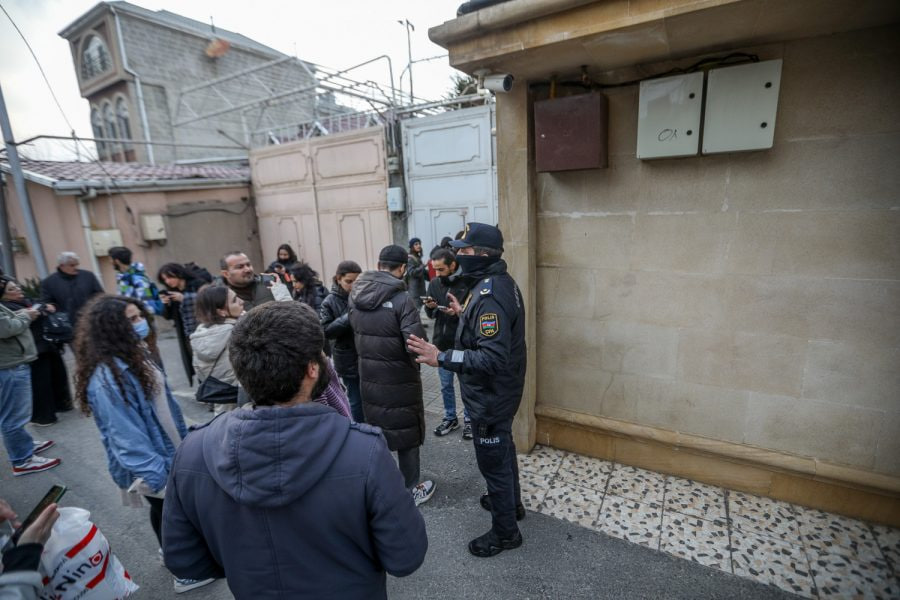
At the office of Akif Gurbanov, the head of IDI, a search was conducted, and €30,000 was “discovered.”
On March 8, by court order, Akif Gurbanov, as well as several employees of the internet channel Toplum TV—Mushfig Jabbar, Ali Zeynal, Ilkin Amrakhov, and Ramil Babayev—were arrested. Two other employees, Farid Ismailov and Elmir Abbasov, were placed under police supervision.
On the same day, the founder of Toplum TV, Alakbar Mammadli, was detained in the clinic’s courtyard where he was about to be examined for suspected cancer. Ruslan Izzetli, one of the founders of the Platform III Republic, was also detained in front of the police station while trying to learn about the fate of Toplum TV’s staff, who had been arrested on March 6.
Similar to the “Abzas Media” case, those arrested in the “Toplum TV” case face charges under Article 206.3.2 of the Criminal Code (smuggling committed by a group of individuals by prior agreement). This charge carries a prison sentence of five to eight years.
Toplum TV was created as part of a media project managed by the Institute for Democratic Initiatives (IDI), which primarily focused on training young professional journalists.
Toplum TV, which operates as an online television channel, is known in Azerbaijan’s media space for its daily and weekly programs that openly discuss social and political issues.
Akif Gurbanov, the head of IDI, is also a co-founder of the Platform III Republic. Consequently, other founders of this political platform have also been drawn into the investigation related to Toplum TV.
After the police seized the editorial office’s technical equipment, the Toplum TV website and its social media accounts were hacked. All the content was deleted.
Toplum TV’s editor-in-chief, former political prisoner Khadija Ismayilova, told her journalist colleagues after being interrogated about the case:
“Sealing a media office is a disgrace for the state; arresting the staff of that media is also a disgrace for the state. We are witnessing cases where individuals involved in corruption scandals worth millions or even billions are not arrested, while journalists are held in pre-trial detention for months on fabricated charges and, after trial, continue to be detained under fictitious verdicts. This is a disgrace for the state!”
Three more journalists
The arrests of journalists extended beyond the two editorial offices. Aziz Orujev, director of the online channel “Kanal 13,” was arrested on November 27 of last year. A month later, Shamo Eminov, a collaborator with this media outlet, was also charged. Both are accused of smuggling.
On December 11, Teymur Kerimov, the head of the online channel “Kanal 13,” was arrested and charged with “extortion through threats.”
Shahnaz Beylergizı says that despite all the difficulties, she remains hopeful about the future of Azerbaijani media:
“Despite everything, I do not lose hope. There are many very talented and bright young journalists. Unfortunately, sometimes they face pressure, and some of them leave journalism even before taking their first steps. But it’s good that there are still many who stay and continue to work.”











